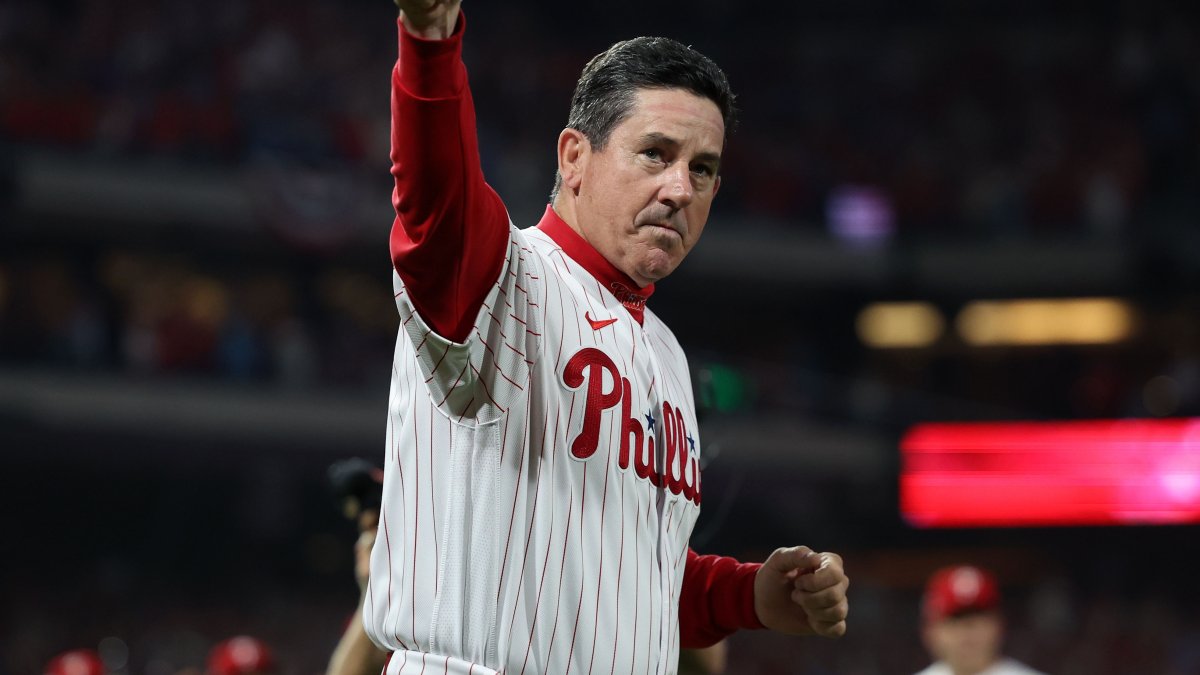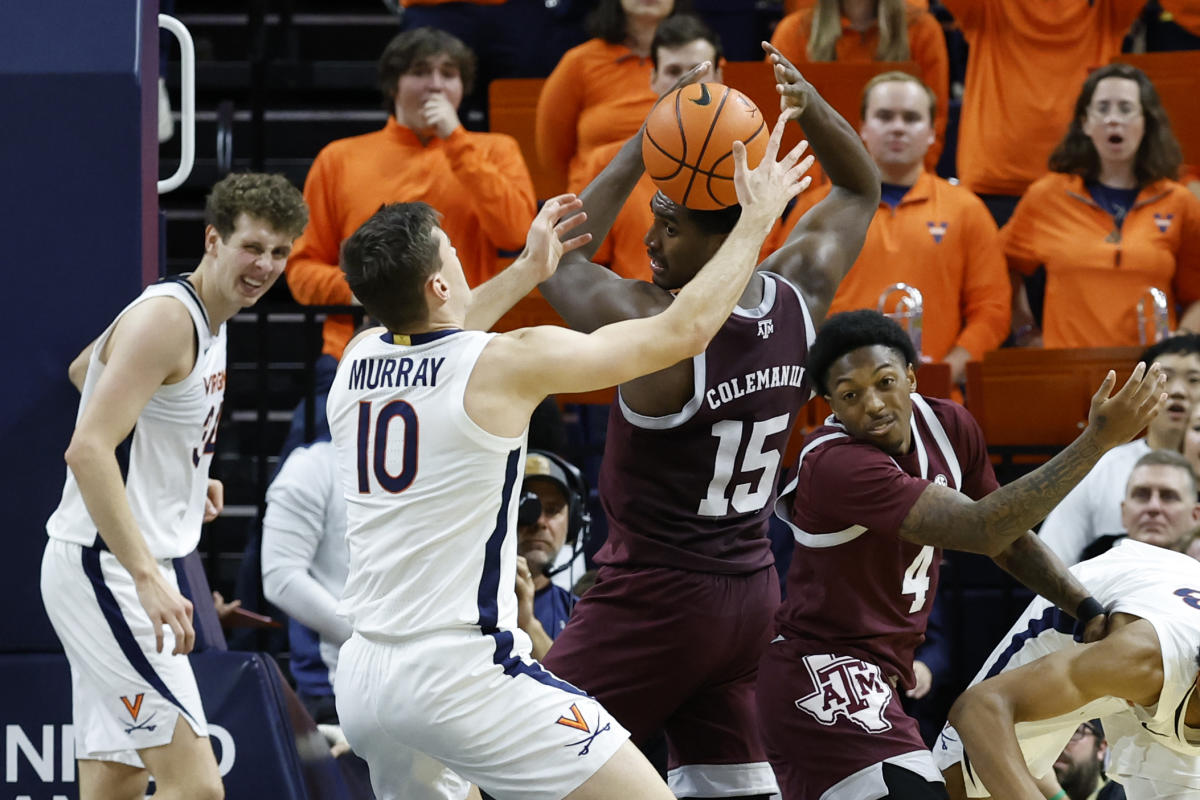PHOENIX — The tension was palpable as Phillies manager Rob Thomson locked eyes with his catcher and gestured with his hand. J.T. Realmuto needed to prolong the game, but the situation had spiraled out of control due to a series of mistakes. A once-comfortable three-run lead had vanished, and even a seasoned closer like Craig Kimbrel seemed helpless on the mound. The pivotal moment had arrived: the Phillies had relinquished control of the National League Championship Series. Thomson discreetly motioned for his pitching coach, Caleb Cotham, to make another call to the bullpen and check on José Alvarado. It was time for a left-on-left matchup against Arizona’s star hitter, Corbin Carroll. Realmuto used every second of the mound visit, as Kimbrel anxiously watched from the dugout. Thomson refused to waver from his position. “To be honest,” Thomson later revealed after the devastating 6-5 loss to the Diamondbacks in Game 4, “we were trying to avoid using Alvarado at all costs.” However, the decisions leading up to this point — such as starting Cristopher Sánchez, who had not played in 20 days, and carrying two pitchers on the NLCS roster that the team desperately wanted to avoid using — meant that Thomson had gone all in for Game 4. He had gambled everything he had to secure a victory. Prior to the NLCS, the Phillies had seen a favorable matchup between Alvarado and Carroll. It was their best against Arizona’s best. Thomson made aggressive pitching changes throughout the game until he decided to let Kimbrel face Carroll. At that juncture, the game’s outcome may have already been sealed, or perhaps not. Kimbrel inadvertently hit Carroll with a first-pitch fastball, causing the eventual winning run to reach scoring position. Alvarado was brought in, only to surrender the go-ahead run on his fifth pitch. No one was exempt from the heartbreak. “We need to play better baseball,” Thomson admitted, “and that’s the bottom line.” Shortly after the game concluded, Thomson sat at his desk in silence. The room was still. President of baseball operations Dave Dombrowski and general manager Sam Fuld joined Thomson as they dissected the team’s missteps. Although the brain trust regularly convenes after games, this particular meeting carried more weight. The series was now tied at two games apiece, and the Phillies faced critical decisions moving forward. “The game is over,” Nick Castellanos remarked, “but now it’s a best-of-three series, and we have home-field advantage.” That was the optimistic perspective. The pessimistic counterargument was that the Phillies had possessed pitching advantages in Games 3 and 4, yet failed to capitalize on them. Despite having a stronger bullpen than Arizona, they succumbed to a Game 4 defeat even though the Diamondbacks had utilized eight pitchers. With a Kimbrel predicament and four relievers who pitched back-to-back games, the Phillies faced a third consecutive game on Saturday night. The Diamondbacks, too, were taxed, with their top four relievers appearing in both Games 3 and 4. Game 5 would showcase Zack Wheeler and Zac Gallen, and the performance of either ace could determine the entire series. However, neither pitcher was expected to throw a complete game, as no pitcher had achieved that feat in a postseason game in six years. “As a starter,” Wheeler shared, “the goal is always to throw a complete game with no runs scored. That’s the objective every time. But realistically, nowadays teams take advantage of the superior bullpens.” The Phillies had no choice but to rely on Wheeler to carry the team. Despite his impressive postseason performance, Wheeler had struggled in the later innings of his starts. He had yet to allow a run before the sixth inning but had surrendered six runs (five earned) from the sixth inning onward. It remained unclear who Thomson could turn to for relief in the later stages of the game. It was unlikely to be Kimbrel. “We will discuss it, but should we put him in lower leverage situations?” Thomson contemplated. “I’m not sure. I’ll consult with Caleb… and we’ll go from there.” The rookie reliever Orion Kerkering, who had earned Thomson’s trust, had experienced difficulty throwing strikes after a night of poor slider execution. Given that he had never pitched on consecutive days before, he was unlikely to be considered for Game 5. In Game 3, Alvarado threw two innings, but they totaled just 15 pitches. In Game 4, he threw six pitches. Could he pitch in Game 5? “Please,” Alvarado pleaded. Jeff Hoffman suffered a cut to his right thumb during Game 4 but assured the training staff that he was fine. He had never pitched on three consecutive days. Seranthony Domínguez had recorded four outs on 23 pitches, while Matt Strahm had thrown 19 pitches for three outs. All of them were potential options. “We won’t jeopardize anyone’s health,” Thomson asserted, “but this team is resilient, and they want to keep playing.” However, none of the manager’s decisions mattered when so many of his relievers struggled to throw strikes. Gregory Soto, Kerkering, Kimbrel, and Alvarado managed to throw first-pitch strikes to only four of the 14 batters they faced. The Phillies had issued 15 walks in their first eight postseason games but had walked nine batters in just two games at Chase Field. “Many of our pitchers seemed rushed,” Realmuto observed. “That happens when you fall behind in counts and allow baserunners. The atmosphere becomes intense. The crowd affects them. It’s the same thing our crowd does to opposing pitchers when they visit our stadium. The best way to avoid rushing is to prevent runners from getting on base.” This was the lurking danger. The Phillies had bet on the talent in their bullpen, which was difficult to hit when in the strike zone. However, their command of those pitches was often fleeting. “That’s been the difference between the first two games and the last two games of the NLCS,” Realmuto reflected. “In the first two games, we had 0-2 and 1-2 counts. Now, we’re facing 3-1 and 2-0 counts. That’s how you transform good hitters into great hitters. That’s what we’ve allowed to happen in the last two nights: falling behind too often and not attacking the strike zone.” The Phillies had placed greater responsibility on their high-leverage relievers due to the decision to exclude Taijuan Walker and Michael Lorenzen from Game 4 unless extra innings were necessary. Lorenzen, relegated to cleanup duty, would have pitched the ninth if the Phillies managed to tie or take the lead. No one else was available. Over recent weeks, Walker had struggled to find consistency in simulated games, prompting the Phillies to start Sánchez instead. The left-handed pitcher was removed after 2 1/3 innings and appeared to lack control of his changeup, which may have been affected by the extended break between appearances. Essentially, the Phillies were operating with an 11-man pitching staff, as Walker and Lorenzen were deemed untrustworthy. Had this handicapped their performance? “Well, those guys are primarily long relief options,” Thomson explained. “That’s how I see it. Taijuan is ready for extra innings or early in the game if we’re down or have a substantial lead. It’s a similar situation with Lorenzen.” Perhaps one of them would be forced into a high-pressure situation in Game 5. Or maybe not. The Phillies might assign Ranger Suárez to the bullpen, a role he successfully filled during the previous postseason. “We’ll see,” Suárez…

David Rodriguez brings the excitement of Major League Baseball to readers. With a deep appreciation for America’s pastime, he covers the latest MLB news, scores, and player achievements, keeping fans up to date with their favorite teams and players.



:no_upscale()/cdn.vox-cdn.com/uploads/chorus_image/image/72931262/usa_today_21973134.0.jpg)


